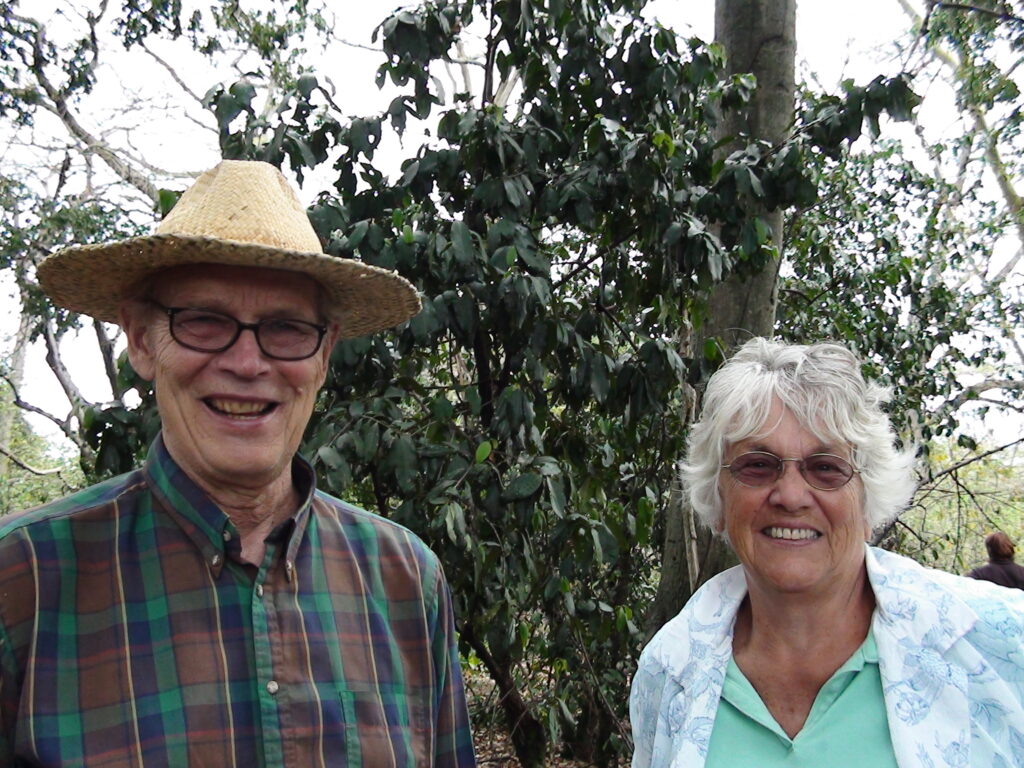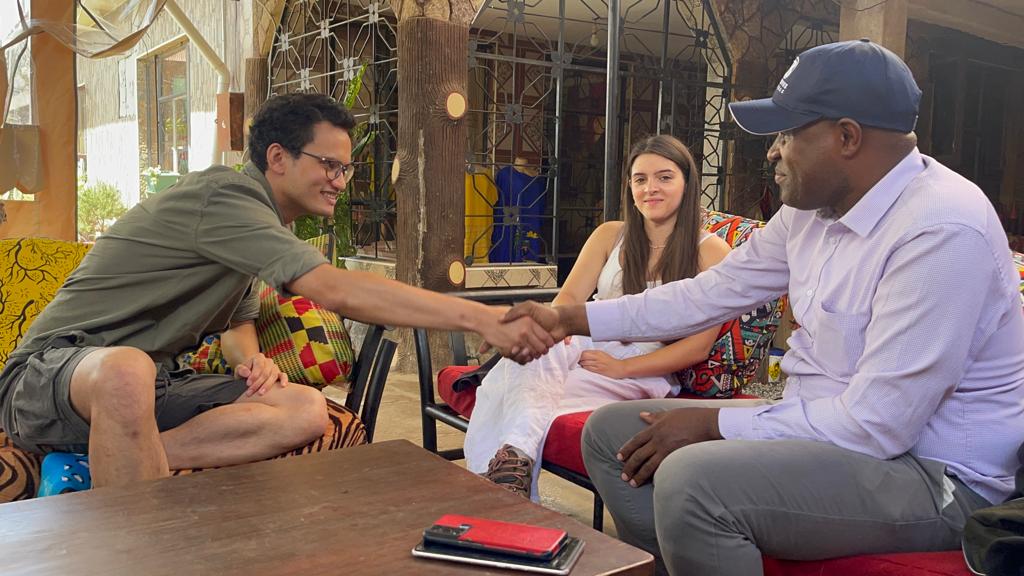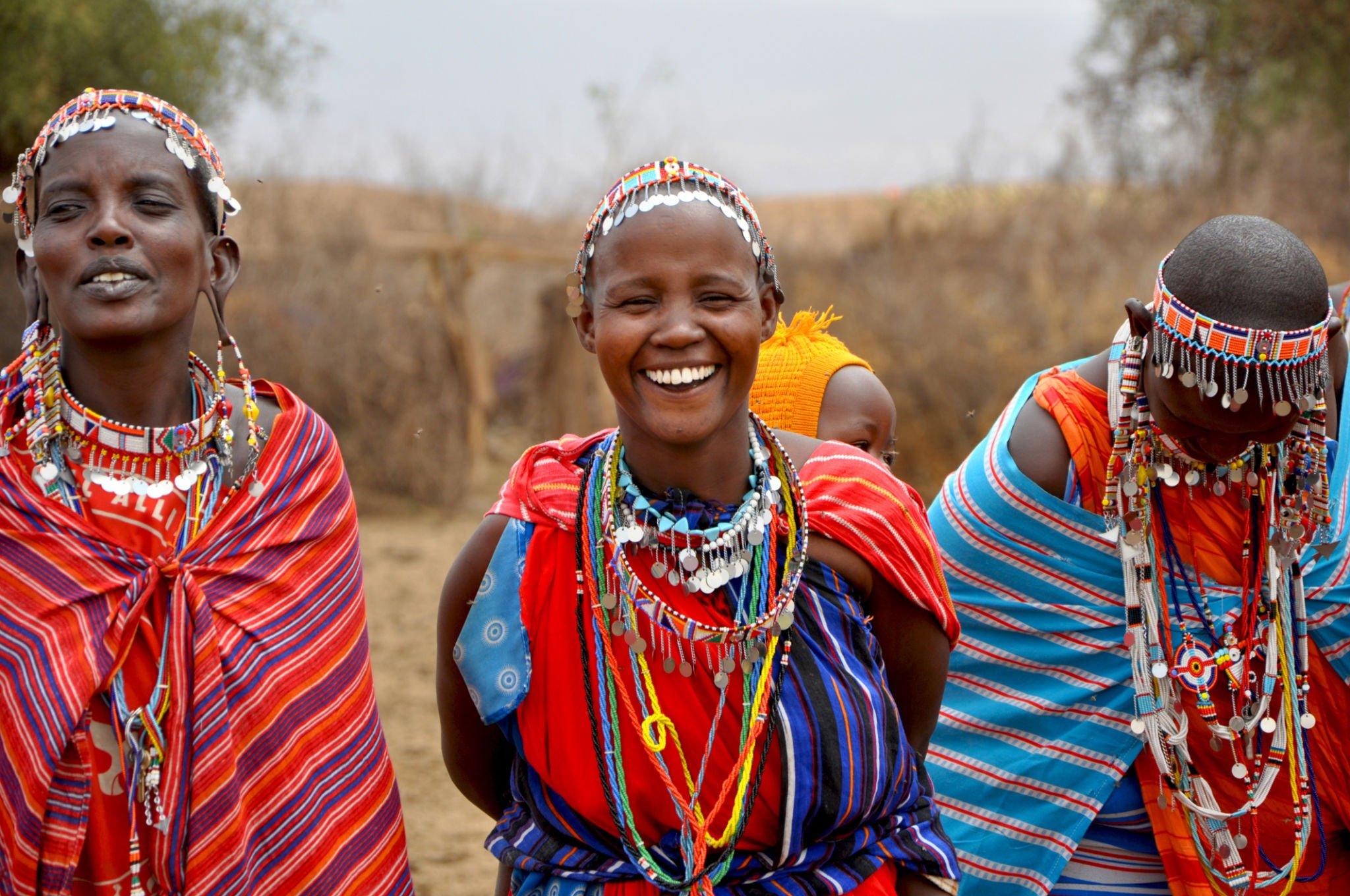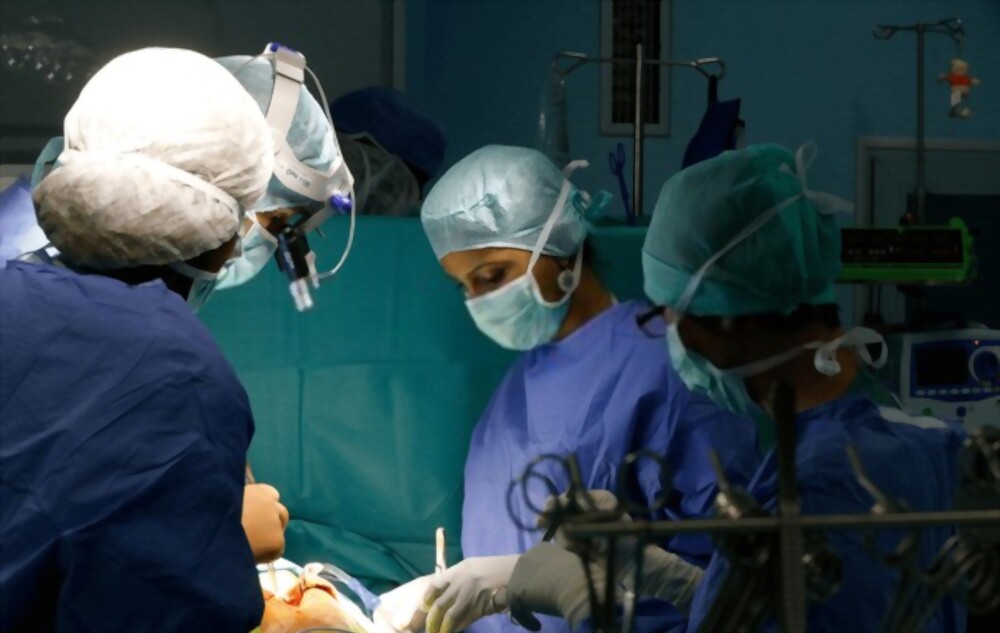Group Programs:Teens Travel

Small Groups.

Secured
Payments

Local Guides.

Easy Payments
Trip details.
Immerse yourself in village life as you join local people to volunteer on community-initiated projects on this summer community service program in Tanzania, East Africa. During the final week, enjoy a specially designed safari that combines world-class wildlife viewing in Ngorongoro Crater and Tarangire National Park with a stay at a remote Maasai village.
Dates:
- June 27, 2026/2027 – July 29, 2026/2027
- June 30, 2026/2027 – July 22, 2026/2027
- July 10, 2026/2027- August 1, 2026/2027
Eligibility:
Students completing grades 9-12
Focus:
Community Service
Typical Group:
15-17 students, 2 leaders
Duration:
- 5 week(s) (June 27, 2026/2027 – July 29,2026/2027)
- 5 week(s) (June 30, 2026/2027 – July 22, 2026/2027)
- 5 week(s) (July 10, 2026/2027 – August 1, 2026/2027)
Start With us?
OVERVIEW
In this, our twenty-first summer in Tanzania, three separate volunteer projects will take place in agricultural villages outside the northern town of Arusha. Situated on the slopes of Mt. Meru, approximately 80 kilometers west of Mt. Kilimanjaro, the fertile Arusha area is well-suited to agricultural production. The towns are close to many of the country’s wildlife parks, including the Serengeti Plains, Ngorongoro Crater, Lake Manyara, and Tarangire.
Work with local people and immerse yourself in village life by helping complete community-initiated projects. You may build a classroom or simple housing for school teachers, teach math or English to local children, improve the village water supply system, help in an orphanage, or work on local farms planting, harvesting, and selling crops at market. Rise early and spend most of each day in small groups on the project sites. Engage in an independent research project to better understand life in your village. Possible topics include: the function of the local political structure, the role of music and dance in Tanzania, how ujamaa (villagization) shapes community interdependence, the role of women as the primary agricultural producers, tourism and the economy, or wildlife management. Late afternoons and evenings are usually devoted to group activities with our Tanzanian friends: dances, soccer games, hikes, or dinner parties. Weekend excursions include visits to nearby farms and hikes into the surrounding hills. Participants in MAASAILAND EXPLORER’s 4.5-week program can expect to complete 80 to 100 hours of community service work. Students enrolled in the 3-week Tanzania program can expect to complete between 60 and 80 hours of community service work.
The communities provide us with simple housing. There are separate areas for boys and girls, each with bunk beds. While accommodations are not large, the housing is clean and comfortable. There is no electricity, but we have running water for simple showers. Bathrooms are outdoor latrines. We are cared for by a group of local women who are wonderful, long-time friends of MAASAILAND EXPLORER’s Student Travel. Under the leadership of Mama Killerai, “The Mamas,” as they call themselves, nurture us during our time in the village, shopping for us, and cooking our dinners. We rotate periodically through cooking and cleaning crews responsible for preparing breakfast and lunch for the group and assisting the Mamas with dinner.
Spend the final days of the program on a safari organized by close friends of mica Student Travel, who introduce us to Tanzania’s fascinating tribal culture, wildlife, and history. The safari on the four-week program lasts six days and on the three-week program, five days. Both include a stay in traditional hunting lands as guests of the Maasai tribe, complete with a reception by a village elder and a traditional feast held in our group’s honor. Explore Tanzania’s abundant wildlife in Tarangire National Park, where we view animals up close. The safari continues to Ngorongoro Crater, where guides take us on an expedition into the ten-mile-wide caldera. Driving through grassland, swamps, and along lakes and rivers, safely encounter lions, zebras, cheetahs, rhinos, elephants, monkeys, flamingos, wildebeest, jackals, and hyenas.
The program culminates with the presentation of independent projects around the campfire while on safari and a joyous farewell celebration back in the village, where we reunite with our new friends to recognize the work accomplished, and to bid farewell.
Highlights
- Help build a village classroom that will accommodate 50 students.
- Join Tanzanian families as they plant and harvest their crops.
- Volunteer at a local orphanage.
- Explore the ten-mile-wide Ngorongoro Crater.
- Spot lions, monkeys, and elephants and stay in a Maasai village on safari.
What to Expect
For most of each weekday, we are actively involved in community service work. This work, as well as afternoon and weekend activities, can be demanding and you can expect to spend most of each day outside. Everyone participates in all of the group’s projects on a rotating basis, and everyone lends a hand in meal preparation and cleanup. Since we live in our village as the local people do, accommodations are very simple, with separate space for boys and girls, and basic bathroom facilities. You should come to the program with an open-mind, eager to participate in new experiences and interested in exploring another culture and way of life.
At MAASAILAND EXPLORER we take pride in our reputation for careful, thorough planning and attention to detail. The descriptions of our high school summer travel programs are based on our experiences in previous summers and our plans for this summer. It is inevitable that some things described here will not happen exactly as presented. To get the most out of the Putney experience, participants need to be flexible in responding to unforeseen situations, and creative in taking advantage of unexpected opportunities. We expect MAASAILAND EXPLORER participants to share responsibility for the success of their experience. Rules that provide a safe and structured environment, set curfews, and prohibit the use of alcohol, drugs, and tobacco are in place and enforced. We expect you to behave in a mature and productive way at all times.
Fees
Tuition:
- $3,990 (June 27,2026/2027 – July 29, 2026/2027)
- $2,990 (June 30, 2026/2027 – July 22, 2026/2027)
- $3,990 (July 10, 2026/2027 – August 1, 2026/2027)
ITINERARY
- Learn about last year’s program by reading the 2014 Community Service Tanzania Blog.
- Departure • Join the group as you begin a month of village-based community service in rural northern Tanzania. The group flight departs from JFK International Airport in New York, where you meet one of your leaders and fly to Kilimanjaro International Airport outside Arusha, Tanzania.
- Work alongside local people on important projects identified by the community.
- Our Host Village • Travel a short distance by truck to our host village in the foothills of Mt. Meru. Live together as a group as we collaborate with local people and undertake several important service projects.
- Weekend Excursions • Stay in lodges in the hills near Mt. Kilimanjaro and visit a cultural center where friends of Putney Student Travel introduce you to the traditional Maasai way of life. Participate in music, dance, batik, beading, and cultural exchange.
- “I expected a fun, culturally rich, and eye-opening experience. The program was beyond anything I could have wished for. It was absolutely amazing and life changing.”
- – Rayna Erasmus, Westfield High School, Westfield, NJ
- Safari • The program culminates with a six-day cultural and wildlife safari in private lands of the Maasai tribe and in national parks that are world-renowned for their wildlife: Tarangire, Lake Manyara, and Ngorongoro Crater.
- Return •Fly with your group and a leader from Kilimanjaro International Airport outside Arusha, Tanzania to JFK International Airport in New York and continue on to your final destination.
- This itinerary represents our best projection of the group’s schedule. However, we may implement changes designed to improve the quality of the program.
For more information contact info@maasailandexplorers.com
DESTINATION
Background • Tanzania’s welcoming people, cultural vitality, and extraordinary natural beauty make it a favourite destination for travellers. A well-established democratic government and a widely respected system of public education are the keys to Tanzania’s reputation as a stable, safe country. Comprised of over 120 different ethnic groups, Tanzania’s people rely heavily on agriculture for both subsistence and livelihood. The country boasts abundant wildlife, and Tanzanians pride themselves on their rich natural resources and peaceful history. Our Tanzania programs return this year to three villages located on the fertile lower slopes of Mt. Meru, near the safari center of Arusha in Northern Tanzania. Our three Tanzania programs are independent but the experiences in each of the villages are similar.
We have a unique opportunity to get to know Maasai culture by staying for a night in a Maasai boma.
Population • There are approximately 50 million people living in Tanzania, with most of the population clustered in the capital city of Dar es Salaam, which we do not visit. Arusha, the largest city near our program villages, has about 1.5 million people. Each of our project villages is small, home to roughly 8,000 people who are spread throughout a large rural area.
Language • While each of the 120 ethnic groups in the nation has its own dialect, Swahili is the language spoken by the majority of Tanzanians.
The program includes basic instruction in survival Swahili. Higher education is conducted in English, thus many older people speak English.
“Seeing the work that we had completed at the school and all the projects we finished as a group made me feel an extreme sense of accomplishment. It also made me very proud to realize that I had truly gotten to know and develop personal relationships with the members of my village. I gained a better understanding of myself as a person and a better understanding for what it means to truly immerse one’s self in an entirely different culture.”
Climate • Tanzania is situated on the equator, and weather conditions do not vary greatly throughout the year. During our visit, it is dry (Tanzania has been in a cycle of drought for many years) and comfortable. The sun is powerful. Temperatures rise to the 70s and 80s during the day, and drop to the 50s at night. On safari, one or two nights are spent at higher altitude, where temperatures can drop to the 40s.
Cuisine • Food in Tanzania is varied, with curries, grilled meat, and plenty of tropical fruit and vegetables. There is an Indian influence, with particular appreciation of breads, like chapati and naan. Western influence is also seen in the availability of pastas and cereals.
End your program with incredible up-close view of wildlife on a safari in Tanzania’s world-renowned national parks.
Currency • Tanzania uses the Shilling (TZS). We change money in banks on visits to Arusha. ATM machines are also available in Arusha.
Voltage • Electric current is 220V, and plugs are types D and G: large round three-pin and large flat three-pin heads, respectively. Electricity is scarce in the villages; we rely on the DC outlets in our Land Rover to charge cameras and phones. Solar chargers and extra batteries are helpful.
Visa • Tanzania requires a tourist visa for entry and students also need a “work permit” to complete community service projects. MAASAILANDEXPLORER provides detailed guidelines on obtaining both of these. The combined cost of the documents is about $350. Non U.S. citizens must check local visa requirements.
For more information contact; info@maasailandexplorers.com
APPLY
How to Apply
STEP 1: LOG ON.
If you are new to MAASAILAND EXPLORER, visit our Online Application.
STEP 2: HOLD A SPACE IN THE PROGRAM.
You can hold a space in a program by completing the Online Application Form, submitting a signed Agreement Form, and providing the $800 Application Deposit by MasterCard, Visa, or Discover Card through our secure online system or by sending a check to our office. Our admissions staffs are also available to take credit card information over the phone. We will hold a space in a program for a reasonable time, pending completion of the full application process. See Step 3.
After March 20, we will hold a space temporarily as above, but we must receive full payment by check or wire transfer within three days to continue to hold a space in the program.
STEP 3: COMPLETE THE APPLICATION PROCESS.
Before we can make a final admissions decision, an application must be complete. In addition to the Application Form and Application Deposit described above, a complete application includes:
Applicant Statement – Attach a statement explaining why you would like to join a Putney program and what you feel you can contribute to it. Your application cannot be processed without this statement. Approximately 150–300 words is sufficient. MAASAILAND EXPLORER’s applicants’ statements must be 300-500 words addressing these questions, and detailing their interest and/or experience in the country and issues on which they wish to focus.
These documents are available as part of our Online Application. We review a completed application within a few days, and notify families of our admissions decision by e-mail.
Our Happy Clients!.
Our Tanzania trip was fabulous. Spotting the Tree-climbing lions and Black Rhino was unforgettable. Thanks for fulfilling our dreams. We’ll be back soon!
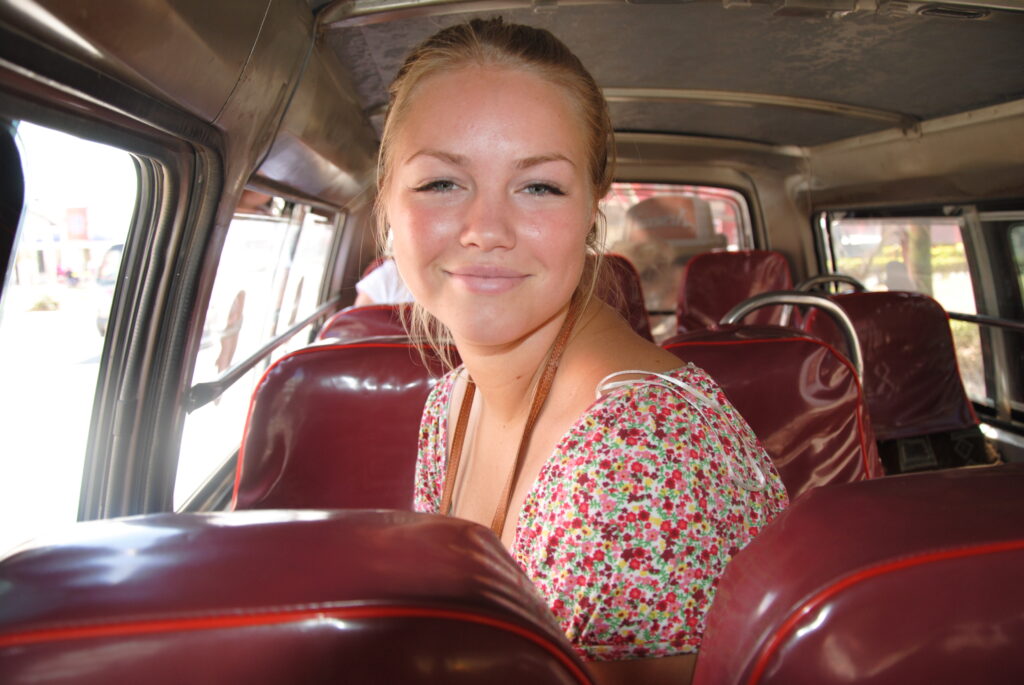
Clara Smith
Thank you, Maasai Land Wonders Team, for your exceptional care during my 3 Months Volunteering program. A thousand thanks for an unforgettable experience.
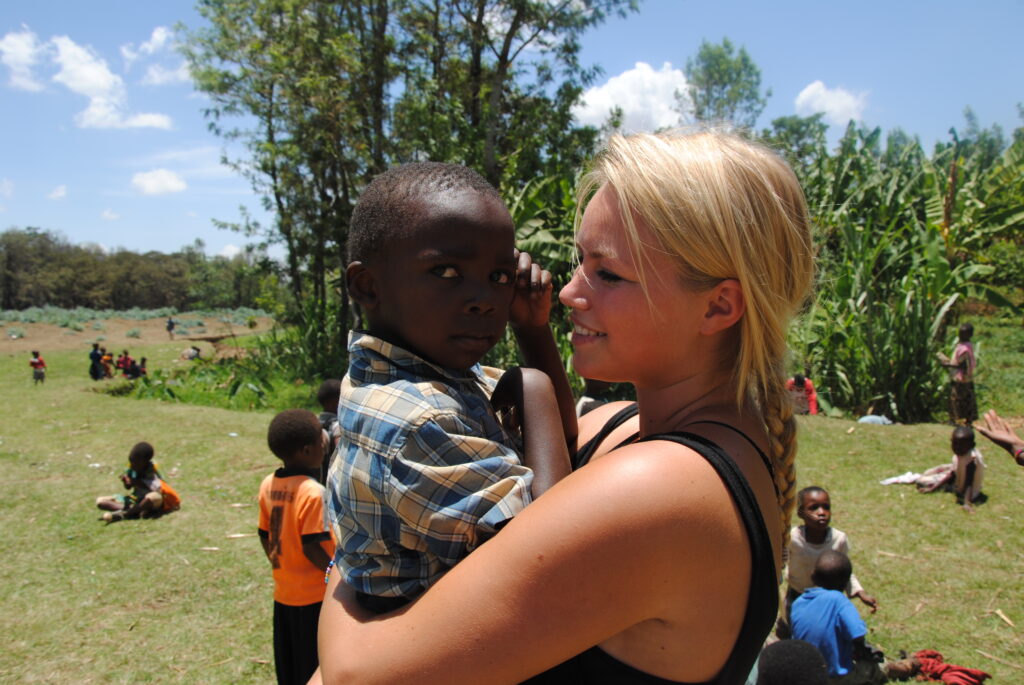
Shelly Barns
Thank you, Edwin and your team, for an amazing 7-day trip. Your personal care and dedication made it unforgettable. 1000 thanks!
